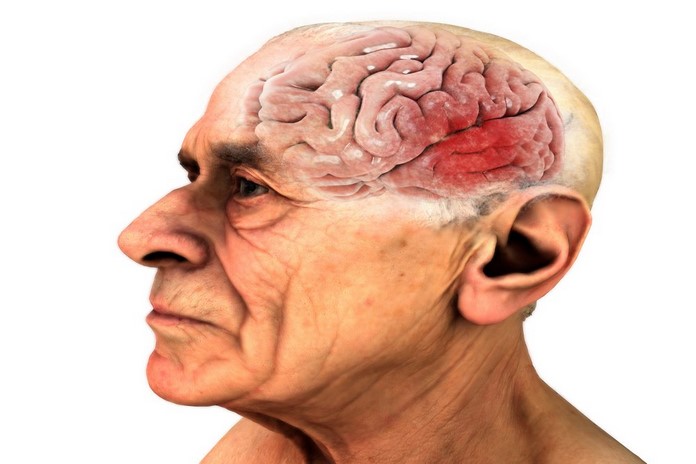Alzheimer’s Cure

At this present age, there is no cure available for the treatment of Alzheimer’s disease. [6] However, several medications can temporarily slow down the brain cell’s degeneration and reduce the symptoms of Alzheimer’s disease. Support groups and therapies are best options to manage the behavioral symptoms of Alzheimer’s disease and also equip the family to deal with the everyday life of their loved ones. In addition, some medications can also help to slow down the progression of Alzheimer’s disease as there is no complete cure for Alzheimer’s symptoms to go away. Alzheimer’s disease can lead to the death of cells in the brain and eventually lead to tissue loss. The tissue loss in the brain ultimately influences the bodily functions, memory, and behavioral symptoms of the body. The path towards the development of a cure for Alzheimer’s disease is not that easy due to the conflicting theories and researchers about the development of the disease.
As there is no cure for Alzheimer’s disease or a way to slow down the progression and disruption from Alzheimer’s disease. The options of non-drug and drug treatments can greatly help in improving the quality of life of Alzheimer’s patients. You can gather information to fully understand available options of treatment that will suit you the best to help the caregivers and also the patients to lead a better life. In order to adapt to the symptoms of Alzheimer’s disease, patients can also try the alternative medicine after talking to their health care advisors. Once a patient starts showing the symptoms of Alzheimer’s, there is initiation of problems with communication, judgment, learning, and performing other daily routine tasks but there are no treatments to reverse the symptoms.
Unfortunately, the neurologists and brain doctors share the frustration of not finding a cure for Alzheimer’s disease. Moreover, the approved medications are merely able to alleviate the symptoms of Alzheimer’s disease. Medications can only temporarily and partially treat the symptoms but are not able to cease the disease from getting worse. The human brain is a complex structure and Alzheimer’s disease is one of the most complex disorders of the brain. There are conflicting theories about the causes and progression of Alzheimer’s. One of the most famous theories state that the aggregation of misfolded proteins and kill brain cells, thus giving symptoms like difficulty to reason, think, and memory.
Alzheimer’s disease is quite chronic and long and the diagnosis happens after almost 20 to 30 years of the development of disease. Giving medications when the person starts showing symptoms might be of no use making any difference. However, we can focus on making an early diagnosis of Alzheimer’s disease by using biomarker techniques, but the abilities of human face limitations. It is also important to consider the criteria of giving potentially toxic medications for a longer period of time to some patients who may or may not get the diagnosis in three decades. In addition, the chronic disease like Alzheimer’s needs longer and expensive trials of getting a proper cure rather than taking developing antibiotics which we suppose to work in days.
